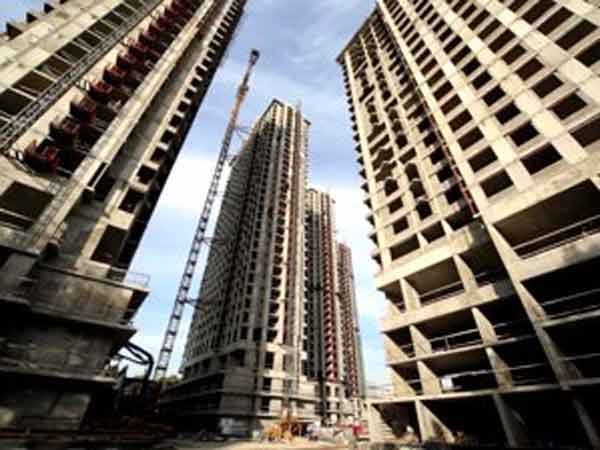Highlights of Modi govt's Real Estate Bill and how will it affect buyers, developers: Explained
New Delhi, May 5: Congress Vice President Rahul Gandhi termed Narendra Modi-led NDA government's new Real Estate Bill 'a pro-builder and anti-buyer' bill. However, many experts claimed that the new bill will actually help the home buyers.
The Rajya Sabha was scheduled to have a debate over the bill. Opposition, however, on Tuesday, May 5 forced to deferment of the bill.

What
is
Real
Estate
Bill?
The
bill,
which
is
mainly
known
as
Real
Estate
(Regulation
and
Development)
Bill,
was
first
introduced
by
UPA
government
in
2013.
However,
voting
never
took
place
on
the
bill.
Now, Modi government has made some changes in the previous bill and the cabinet has passed the bill which will be tabled in Parliament for voting.
Highlights of Real Estate Bill:
- All developers will have to register their projects with a real estate regulator. All states across the country will have one regulator which will settle disputes and impose compensation.
- Neither housing nor commercial projects can be launched unless it got registered with the real estate regulator of the state.
- If the bill is passed in the Parliament, the ongoing projects, which are yet to receive completion certificates, will also have to abide by the same rule.
- Developers can't even advertise of their projects without prior registration with the real estate authority.
- Developers cannot sale properties by showcasing the super area. Instead, the developers will have to disclose the carpet area before putting any advertisements.*
- The regulator authorities will monitor layout plans which should be declared during the time of registration of the project.
- Developers need to mention all details of contractor, architect, structural engineer, etc. associated with the project.
- Any buyer will get all information related to the project from the real estate regulator authorities.
- At least two-third buyers' consent to be needed if the developer wants to alter plans, structural designs and specifications of the building.
- Developers will be responsible for structural defects and they need to refund money in cases of default.
- Any third party or broker, who are interested to sell flats or an apartment, will be asked to register their names with the regulatory body.
- The brokers also will be penalised for non-compliance.
- Developers will have to pay refund with interest to buyers in case they fail to deliver projects on time.
- Promoters will have to deposit 50 per cent of the amounts collected from buyers in a separate bank account within 15 days. It will ensure that they will complete the project on time.
- The real estate regulator can impose penalty on developers if they violate any rules set by the authority.
- Projects can be de-registered and penalties might be imposed on the developer in such cases.
- Developers may have to pay a fine up to 10 per cent of project cost.
- Misinformation will attract fine of 5 per cent of project cost.
- To curb corruption and use of black money in the real estate market, the bill will bring some provisions which will help to track down the source of black money which currently costs the govt billions of rupees in lost taxable income.
What are the changes/amendments made in the bill by NDA?
Congress leader Ajay Maken in his blog highlighted a few points which actually irked Rahul Gandhi and other Congress leaders. Here are the points, which according to Congress, are problematic amendments to the bill.
- UPA had set the threshold of 70% of buyers' money which should be kept aside in a separate bank account by developers. The 70% money was to be used for construction cost. Now NDA reduced the amount and made it to 50%.
- In UPA's bill, builders were not allowed to make any changes in the plan of the project once it got clearance from the regulator. But now, they can make 'minor altercations'.
- Unlike the present bill, the previous bill had a clear definition of 'carpet area'.
- In NDA's bill, 'carpet area' definition replaced the definition of ' rentable area' which is used by the National Building Code.
- NDA's bill has a clause which may help developers in case of any delay of the project. Builders will not face penalties for delays due to "issue of completion certificate, approvals etc."
- Ajay Maken said that above mentioned clause can be misused easily by the developers.
[*Super area is the area in which a flat is spread plus common area such as lobby, lift etc. Carpet area is the area enclosed within the walls of a flat]
OneIndia News


 Click it and Unblock the Notifications
Click it and Unblock the Notifications


































